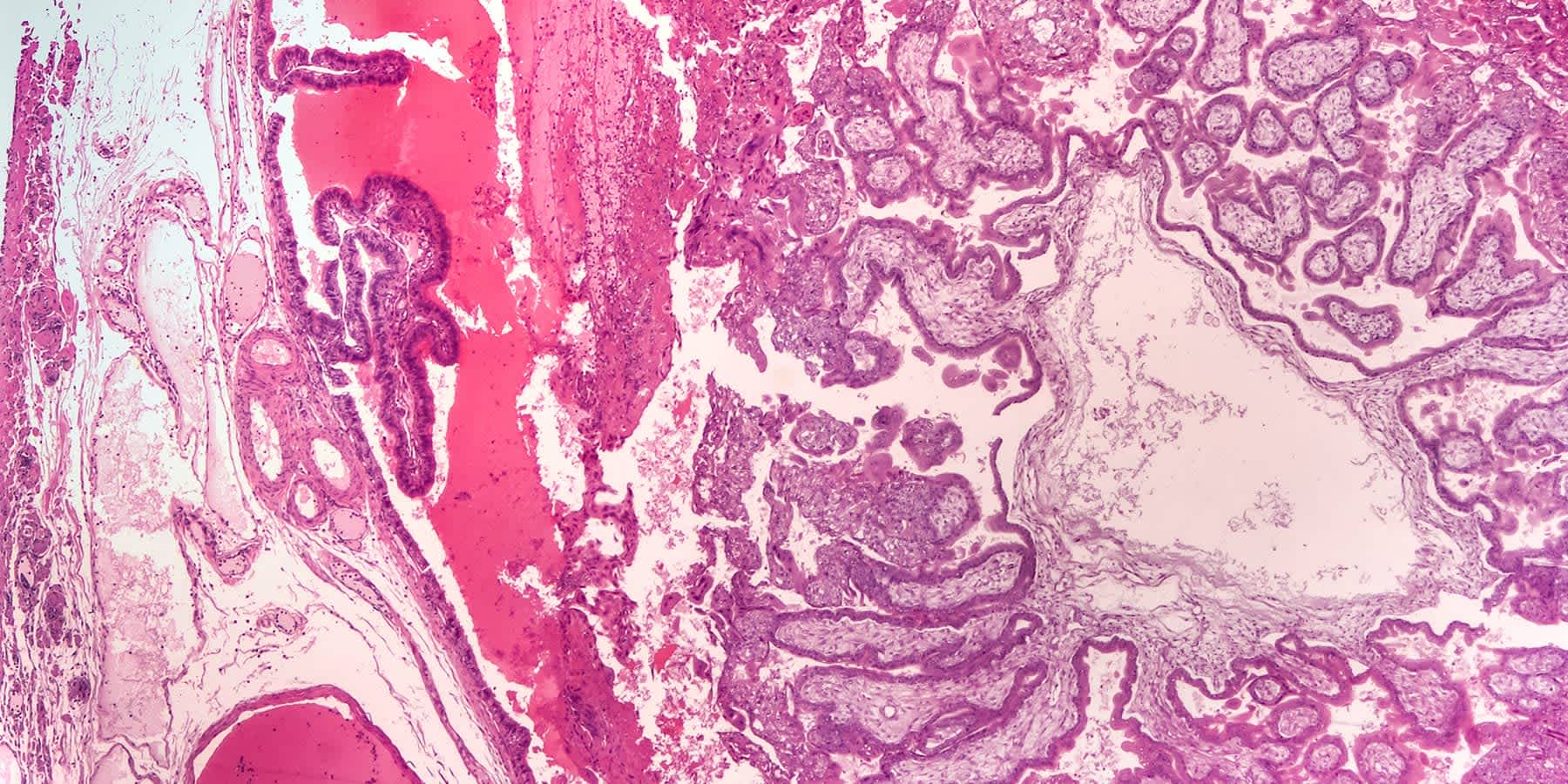
5 Possible Long-Term Effects of Chlamydia
Medically reviewed by Neka Miller, PhD on January 21, 2021. To give you technically accurate, evidence-based information, content published on the Everlywell blog is reviewed by credentialed professionals with expertise in medical and bioscience fields.
Table of contents
Chlamydia is one of the most common sexually transmitted infections. While it is usually easy to cure with a round of antibiotics, untreated chlamydia can potentially contribute to severe health issues without treatment. Continue reading to learn more about the long-term effects of chlamydia when it goes untreated, and if you suspect you may have chlamydia, consider taking an at-home chlamydia test.
What Is Chlamydia?
Chlamydia trachomatis, also known simply as chlamydia, is a sexually transmitted infection (STI) caused by a type of bacteria. It is one of the most common STIs with close to 3 million cases in the United States every year. Commonly transferred through unprotected sex, the chlamydia bacteria can travel through sexual fluids—including semen, pre-cum, and vaginal fluids, and it can infect the penis, urethra, vagina, cervix, anus, and throat.
Related: Chlamydia vs. UTI: What's the Difference?
A significant challenge with chlamydia is that it often presents no noticeable symptoms in its early stages. Even when it does present symptoms, they can be so mild that they are easy to ignore or can be mistaken for other common conditions.
Some common signs and symptoms of chlamydia include:
- Painful urination
- Abnormal vaginal discharge
- Testicular pain
- Bleeding between periods
- Painful sexual intercourse
Long-Term Issues
In the absence of regular chlamydia testing, the lack of noticeable symptoms can make a long-term, untreated chlamydia infection more likely. Unfortunately, this can lead to some long-term health problems. While these issues can affect all sexes, they are often more common among women.
Pelvic Inflammatory Disease (PID)
Pelvic inflammatory disease (or PID) is an infection that affects the female reproductive organs. It can occur when certain bacteria, like the bacterium that causes chlamydia, spreads into the uterus, fallopian tubes, and ovaries. Much like chlamydia itself, the initial symptoms of pelvic inflammatory disease are often mild and hard to recognize until they reach more advanced stages. Symptoms can include:
- Mild to severe pain in the pelvis and lower abdomen
- Heavy, abnormal discharge that may have a foul odor
- Abnormal bleeding, particularly during or after intercourse, outside of regular menstrual periods
- Painful, frequent, or difficult urination
- A fever reaching up to 101° Fahrenheit
The pain can become chronic, and excessive damage to the ovaries and fallopian tubes because of PID can contribute to infertility.
Epididymitis
While long-term problems in men are rare, some men with untreated chlamydia may develop epididymitis. This refers to inflammation in the epididymis, a coiled tube at the back of the testicles that is responsible for storing and carrying sperm. This inflammation can sometimes spread to a testicle, resulting in epididymo-orchitis.
Symptoms for epididymitis include:
- Swelling and redness in the scrotum
- Pain or tenderness in the testicles, usually only on one side
- Abnormal discharge
- Blood in the semen
- Pain in the pelvis or lower abdomen
- Painful, urgent, frequent urination
Reactive Arthritis
Rarely, chlamydia may cause reactive arthritis. Similar to other forms of arthritis, this condition causes inflammation in the joints, particularly in your knees, ankles, and feet. The inflammation can potentially extend to your eyes, urethra, and skin. Along with pain and stiffness in the joints, reactive arthritis may result in:
- Mouth sores, rashes on your palms and soles of your feet, and other skin issues
- Lower back pain that is frequently worse at night
- Urinary problems
- Swollen fingers and toes
Ectopic Pregnancy
Untreated chlamydia can also lead to an increased risk of ectopic pregnancy, a pregnancy wherein the fertilized egg ends up implanted outside of the uterus. The pregnancy cannot proceed as normal, and without treatment, an ectopic pregnancy can be fatal if medical attention is not received immediately. Experiencing an ectopic pregnancy is thus a medical emergency.
Increased Risk of Fertility Issues
Chlamydia can eventually cause excessive damage and scarring to the fallopian tubes, ovaries, or testicles, all of which can contribute to a higher risk of infertility.
Testing for Chlamydia
Diagnosing chlamydia is the first step to getting proper treatment. With the Everlywell Chlamydia & Gonorrhea Test, you can accurately determine if you have chlamydia or gonorrhea in the comfort of your own home. If the test shows positive results, you’ll have the opportunity to connect with our independent physician network and may receive treatment. (Everlywell also offers a more comprehensive at-home STD test that lets you check for 6 common sexually transmitted infections.) You can also opt for sexual health testing year-round through the Everlywell+ STI testing membership, giving you easy access to a wide of variety of STI test options.
Wondering how long it takes to get tested? You might be surprised at how quickly chlamydia testing can be done. Read our blog “How long does a chlamydia test take?” to learn more about the timing of chlamydia tests.
Related Content
Can Chlamydia Come Back After Treatment?
Gonorrhea and Chlamydia: Knowing the Difference
References
1. Chlamydia trachomatis. Mayo Clinic. URL. Accessed January 21, 2021.
2. Chlamydia. Planned Parenthood. URL. Accessed January 21, 2021.
3. Pelvic inflammatory disease (PID). Mayo Clinic. URL. Accessed January 21, 2021.
4. Epididymitis. Mayo Clinic. URL. Accessed January 21, 2021.
5. Reactive arthritis. Mayo Clinic. URL. Accessed January 21, 2021.
